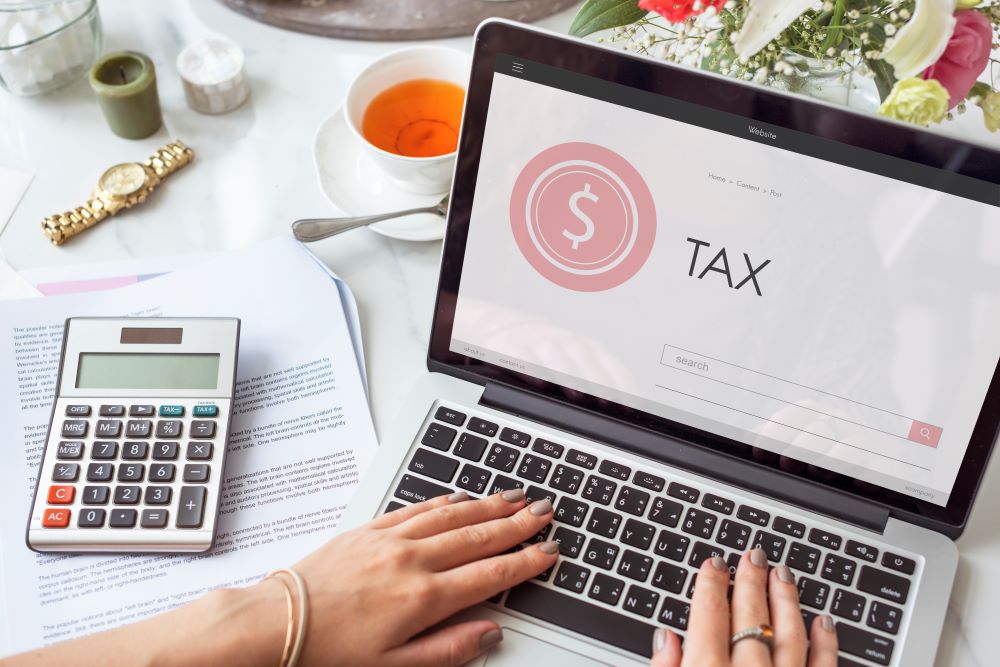Ensure Accurate Tax Filing: The Document Checklist Your CPA Needs

Taxes on Your Mind? Don’t Just File, Plan!
March 31, 2025
Strategic Tax Planning: Utilizing Appreciated Stock Gifts for Beneficiary Tax Optimization
April 1, 2025The clock is ticking! Tax season is upon us, and while the official filing deadline might seem far off, there’s a crucial date looming: March 17th. This deadline often applies to certain business tax returns, and even if it doesn’t apply to you, getting your documents to your CPA now is the smartest move you can make.
But here’s the catch: many business owners aren’t entirely sure which documents their accountant actually needs. You know you need to provide something, but the specifics can be a bit hazy. Don’t worry, we’re here to clear things up!
Think of your CPA as a detective solving a financial puzzle. They need the right clues to put everything together accurately and ensure you’re taking advantage of all applicable deductions and credits. Providing them with the necessary documentation is like giving them the complete picture.
So, what are these crucial “clues”? Here’s a handy checklist of essential documents you should gather and send to your CPA as soon as possible:
- Bank Statements: All business bank accounts – checking, savings, even those rarely used. Your CPA needs a comprehensive overview of your cash flow.
- Mileage Logs: If you use your personal vehicle for business purposes, detailed mileage logs are essential. Don’t rely on estimates! Accurate records are key to claiming the mileage deduction.
- Loan Documents: Any outstanding business loans? Provide your CPA with the loan documents and, crucially, the loan balance as of year-end.
- Income Records: This includes all documentation of income received, such as 1099s, W-2s, or any other proof of income. Don’t forget any freelance or side hustle income!
- Credit Card Statements: Year-end summaries are ideal, but if you don’t have those yet, gather your monthly statements. These help track business expenses.
- Expense Records: Organize all your business expenses. Think advertising, travel, office supplies, utilities, and so on. The more organized you are, the easier it will be for your CPA (and for you!).
- Receipts for Large Purchases: Did you make any significant equipment purchases or other big-ticket items? Keep those receipts! They’re crucial for deductions and depreciation calculations.

